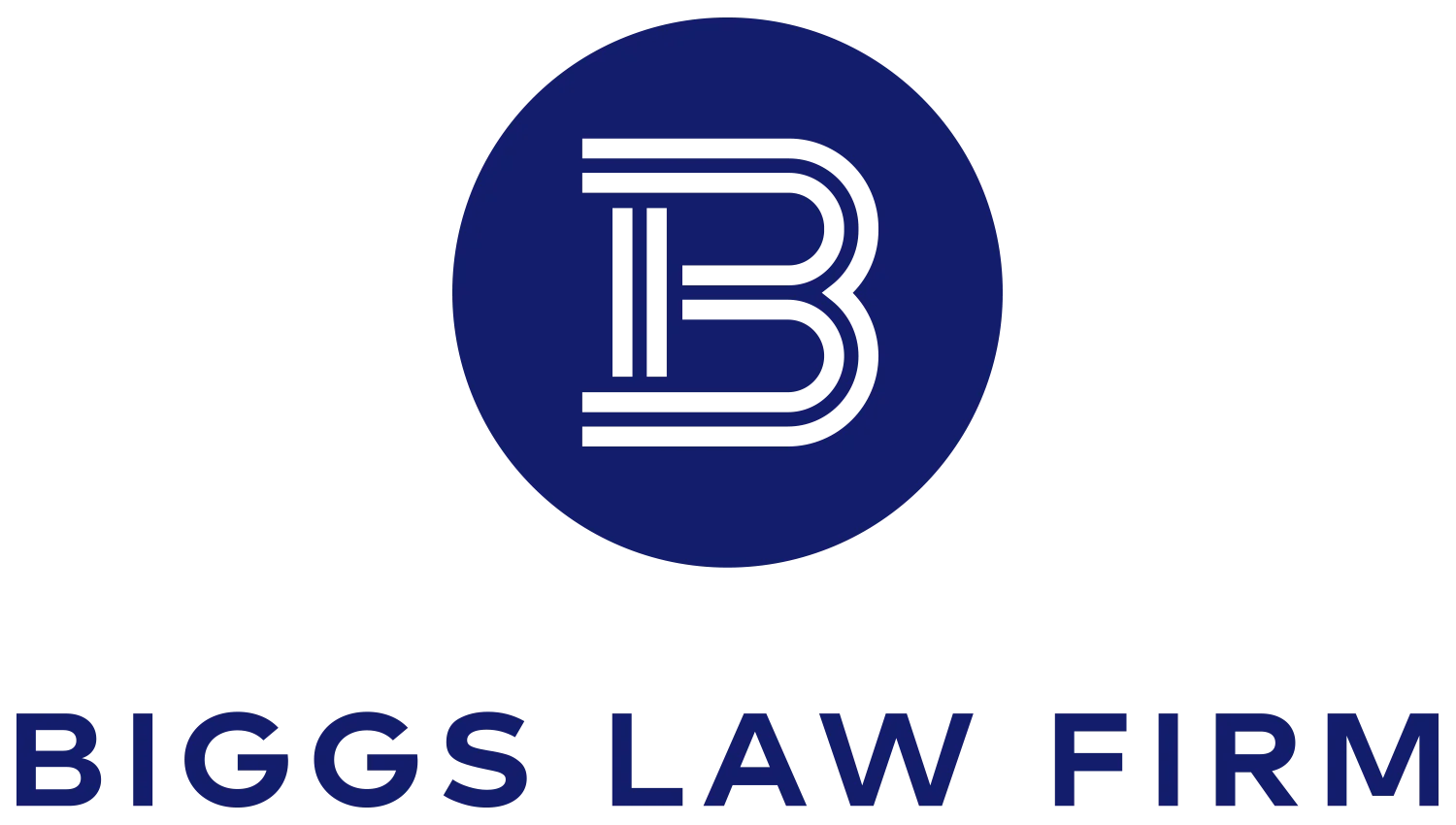What Creditors You Should Pay if You Get a Tax Refund
It’s that time of the year when most of us are sitting down to file our taxes. If you’ve already done so, it may just be a matter of time before you receive your tax refund direct deposit or check in the mail.
If you are like many Americans who feel like you’re walking a tightrope, balancing between paying the electric bill and still having enough to put food on the table, you’re not alone.
Economic struggles are an unwelcome reality for a greater number of individuals than many want to admit. And, if your debt woes are significant, you may find yourself strategizing what creditors you should pay if you get a tax refund. Keep reading where we’ll address the priority order you may want to follow when repaying debts.
Essential Bills to Prioritize During Financial Hardship
When funds are tight, it’s vital to figure out which bills need to be paid first. We all need somewhere to live and a way to get around (especially if you’re employed outside of the home).
Some creditors that may pressure you the most to pay them by calling and sending you letters may be ones that aren’t related to your home or car, such as:
- Credit card companies: Since this is an unsecured debt, meaning it’s not tied to a specific asset, you may have no risk of losing assets until a judgment is entered against you should you not pay your credit card off. However, ignoring a credit card company completely isn’t a wise choice since interest rates can quickly escalate, adding to the amount you already owe, and because they are usually quick to file lawsuits that you will need to respond to if you want to avoid having a judgment entered against you.
- Student loans: Like credit cards and medical bills, these aren’t tied to any tangible assets, so if you neglect to pay them, you don’t have to worry about losing your home or car immediately. However, interest does mount if you don’t pay your student loans and absent you qualifying for an existing student loan repayment plan, these debts remain non-dischargeable in bankruptcy. Additionally, your loans may go into default status if you don’t pay them for a set amount of time, thus impacting your credit.
- Medical facilities: These types of bills don’t typically start impacting your credit until they’ve gone unpaid for at least six months, and the interest rates on these accrue at a much slower rate, if at all. Plus, like credit cards, these bills aren’t tied to you keeping your home, car, or other assets, thus requiring them to obtain a judgment against you before taking action against your assets.
Debt Relief Options That May Be Available to You
Many creditors, including mortgage lenders or loan servicing companies, may offer delayed or reduced payments and other options for those debtors facing temporary financial hardships that affect their ability to make timely payments.
Debtors who’ve fallen too far behind in making timely payments may have to consider other debt-relief options like bankruptcy. This is a particularly commonly pursued option among debtors who’ve amassed a significant unsecured debt and/or they’ve experienced a significant change in their financial circumstances and don’t anticipate being able to pay what they owe anytime in the foreseeable future. It is also an option to catch up on past-due payments on your home or car.
Don’t hesitate to reach out to our law office, Biggs Law Firm, if you’re struggling to pay debts you owe and you want to better understand any legal options you may have in North Carolina to address them once and for all. Consultations with our bankruptcy attorneys at our Raleigh and New Bern offices are free.
Start The Process Today
Schedule your consultation with one of our experienced attorneys.
